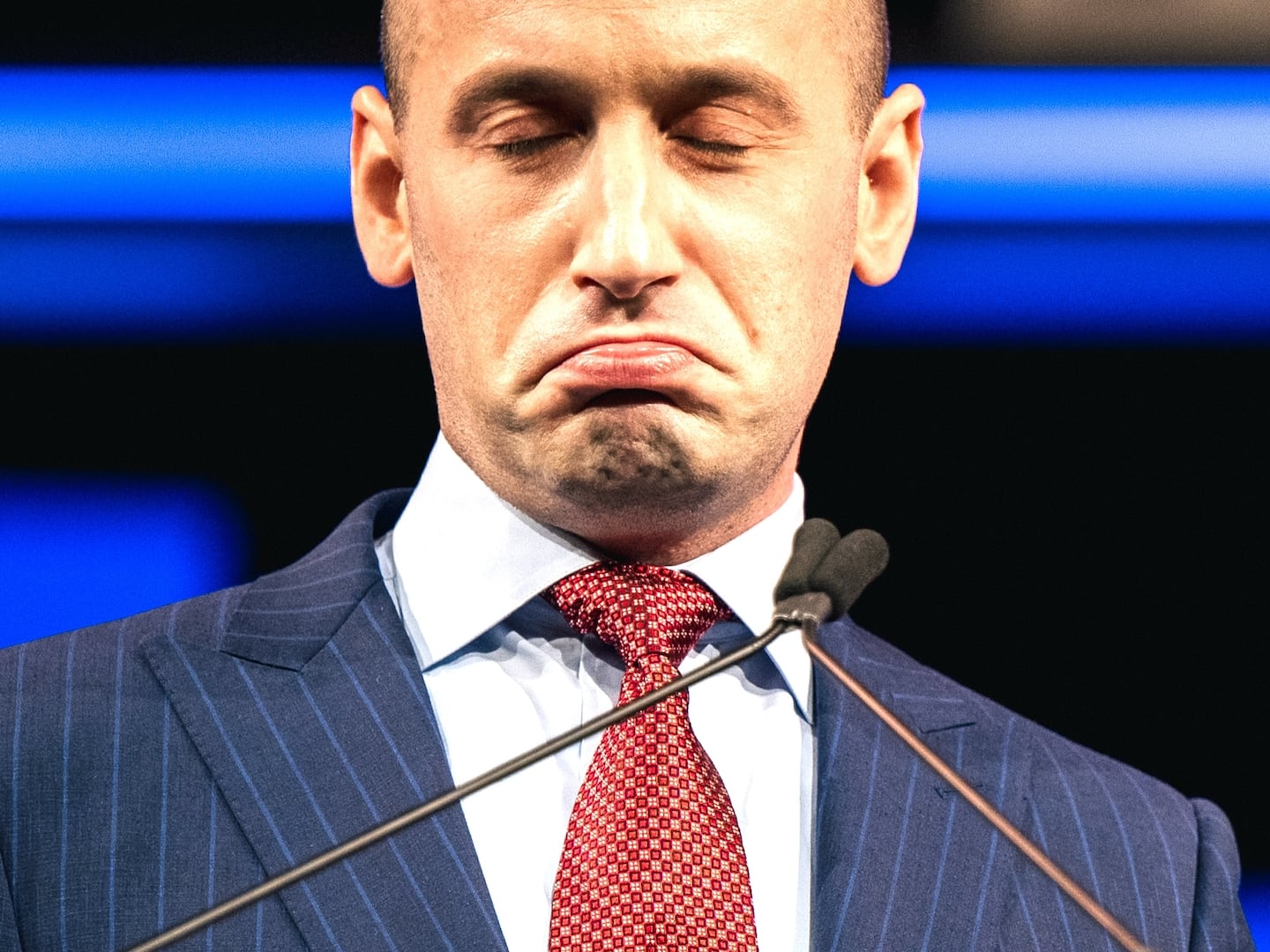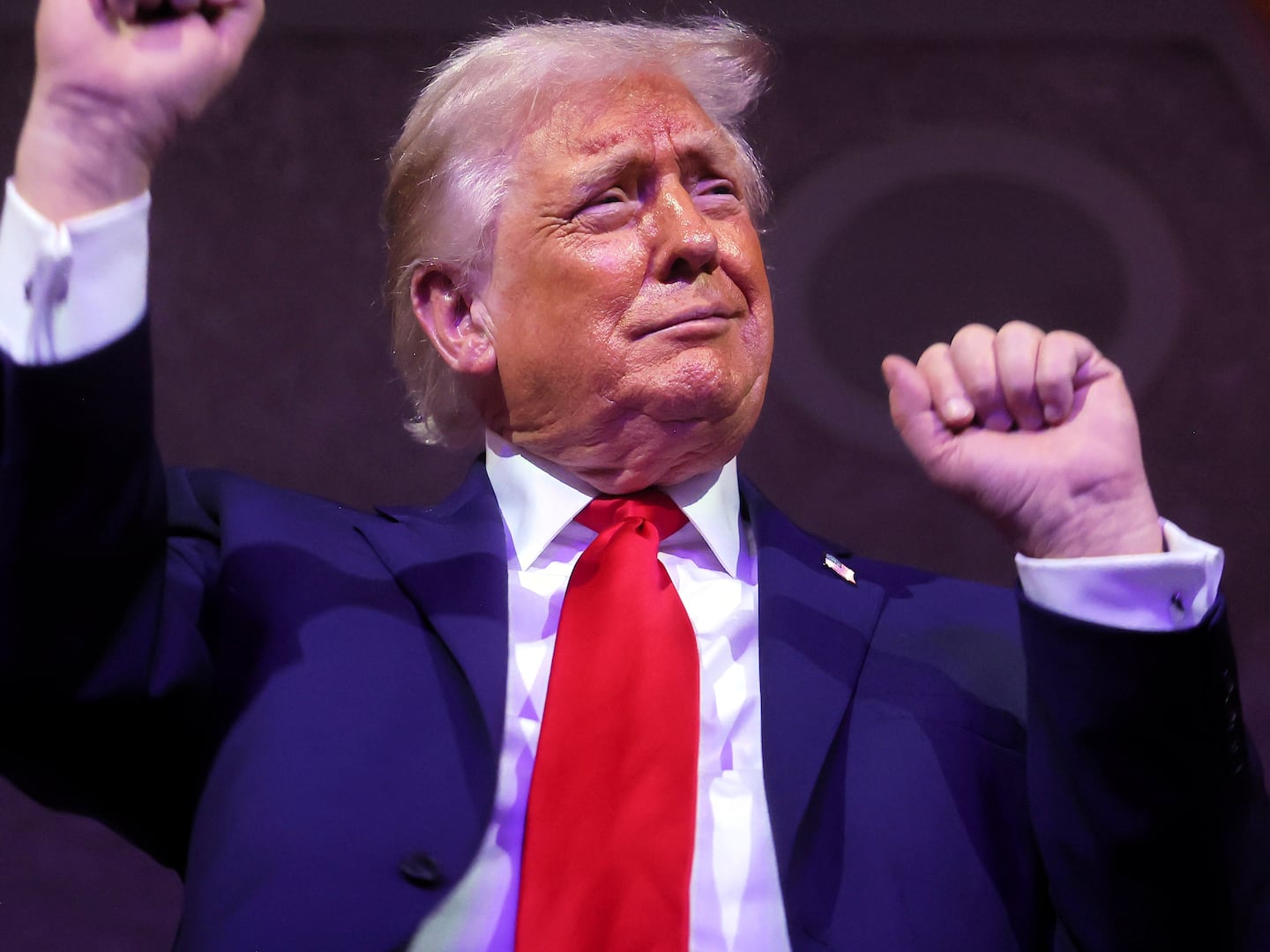
The crisis in Iran will have significant implications for the country’s projection of power in the region and its ability to continue to stir up trouble throughout the world—even if the regime temporarily succeeds in brutally crushing the unprecedented uprising by the reformist movement.
For several years, Iran has cast a long shadow over the entire Middle East and the Gulf region. Whether through its military and financial support for the Hezbollah militia in Lebanon or the Hamas movement in the Palestinian territories—both of which are on the U.S. State Department’s list of terrorist organizations—or its support for outlawed Shiite militias in Iraq and the resurgent Taliban in Afghanistan, the Iranian regime has had a hand in almost every trouble spot in the region.
In Iraq, pro-Iran parties “lost a lot of their clout in the last provincial elections [in January] and may have decided to rig the elections in Iran after a double electoral loss in Iraq and Lebanon.”
Iran also has been accused of hosting senior members of al Qaeda in Iraq, backing extremist groups in Somalia, and even funding Hezbollah sleeper cells in the U.S.
Nowhere in the Middle East is the impact of the Iran crisis more visible than in Lebanon, a country that has suffered most because of Iran’s meddling in its internal affairs. In July 2006, Hezbollah, acting against the legitimately elected government of Lebanon, provoked a war with Israel that resulted in the Israelis destroying nearly one-third of Lebanon’s infrastructure and causing the deaths of more than 1,000 Lebanese civilians and dozens of Israelis and Israeli Arabs across the border in Israel.
When the protesters in Iran hit the streets charging election fraud, pro-democracy Lebanese were jubilant at the prospect of the regime falling in a counter-revolution that would not only free the Iranians, but also the Lebanese who had been in the grip of a rogue militia backed by Iran that is more powerful than their government and better armed than their own armed forces.
Writing in the Lebanese daily An-Nahar Wednesday, Ali Hamadeh, a supporter of the government and a harsh critic of Hezbollah, said the militia’s leader, Hassan Nasrallah, was the first to congratulate Iranian President Ahmadinejad, who was reinstalled in rigged elections. But, Hamadeh pointed out, “We did not hear a single word from him in sympathy with the reformists whose blood has been shed on the streets of Tehran.”
Referring to the June 7 Lebanese parliamentary elections, in which the pro-Western parties dealt a painful defeat to Hezbollah and its allies, he said the Lebanese independence movement “stood up to this armed fascist religious tyranny, and it will continue to stand against it today and tomorrow.”
In Iraq, Iran has been widening its influence since the fall of Saddam Hussein in 2003 by arming and funding such pro-Iran militias as the Mahdi Army, led by cleric Muqtada al-Sadr.
The internal crisis in Iran, some Iraqis are hoping, might “keep the mullahs off our backs,” said a secular Iraqi member of parliament, who asked not to be named for fear of Iranian retribution. (Iran is known to have been behind assassinations of politicians opposed to its role in Iraq.)
The Iraqi lawmaker told The Daily Beast that pro-Iran Iraqi parties “lost a lot of their clout in the last provincial elections [in January] and may have decided to rig the elections in Iran after a double electoral loss in Iraq and Lebanon.”
The regime in Tehran also has been backing Hamas in the Palestinian territories and is widely believed to have backed a Hamas coup against the elected Palestinian Authority in Gaza in 2007, and a confrontation with Israel in late 2008. The devastating Israeli bombing campaign and invasion of Gaza that ensued resulted in more than 1,200 deaths among Palestinians, most of them civilians, in addition to the massive destruction in the area.
The U.S. Defense Department has long suspected that Iran is providing support for the Taliban in Afghanistan, against the democratically elected government of Hamid Karzai. It is not yet clear whether the State Department’s recent invitation to Iran to join an international effort to stabilize Afghanistan was met with any cooperation from Tehran.
Throughout the region, only Syria, which the U.S. lists as state sponsor of terrorism, is backing Iran, in addition to Qatar, which through its Al-Jazeera satellite channel has done its utmost to discredit the reformers and support the Iranian regime. (That is why Al-Jazeera is the only Arab TV station that is now allowed to operate out of Iran, while its rival al-Arabiya channel was shut down.)
The Obama administration’s olive branch to Iran has not yet been accepted, as proved by Iran’s continued destructive role in Lebanon, the Palestinian territories, Iraq, and Afghanistan, and throughout the region. The bloody clampdown on peaceful demonstrators in the streets of Iran this week, not to mention Iran’s persistent refusal to cooperate on its nuclear program, is hardly conducive to the U.S. administration continuing to extend the olive branch and calling for dialogue.
Obama’s press conference on Tuesday, for which he earned accusations of being a closet neocon, was the first sign of him getting fed up with the mullahs in Tehran. Perhaps George W. Bush was right about Iran after all.
Salameh Nematt is the international editor of The Daily Beast. He is the former Washington bureau chief for the international Arab daily Al Hayat, where he reported on U.S. foreign policy, the war in Iraq, and the U.S. drive for democratization in the broader Middle East. He has also written extensively on regional and global energy issues and their political implications.






